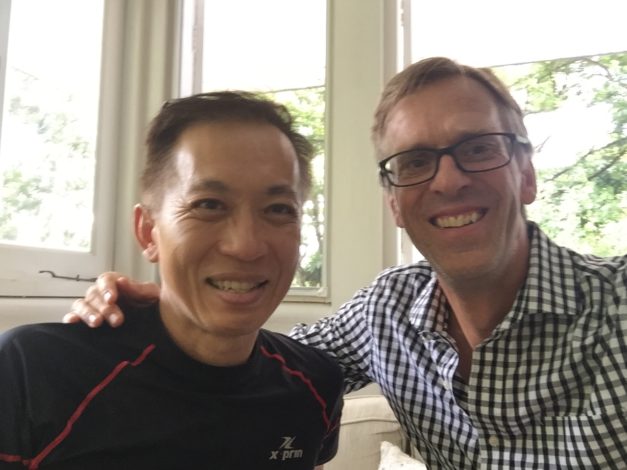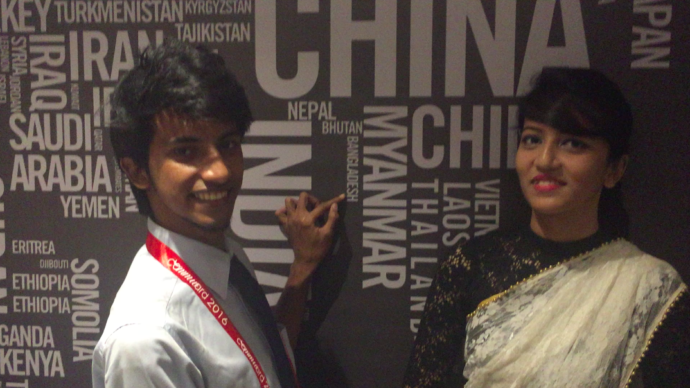
I am amazed by the number of professional speakers I have met over the years who see no value at all in sitting down with other speakers.
They actually believe that there is nothing they can learn from other speakers.
It might be because they think that their speaking style is unique, that they do not want to be influenced by other speaking styles, or that they do not want to get categorised into being “a speaker”, or what ever the reason might be.
From me that is as silly as a musician saying he (or she) can not learn anything from another musician, or an painter saying she (or he) has nothing to learn from other painters.
The way I see it there is no one a speaker can learn more from than other speakers.
So the last 20 days I have meet, 1-on-1, with more than more than 40 professional speakers to learn about how they look at their profession, why they got into speaking, how they picked their theme, where they are now in their speaking career and how they are planning on taking it to the next level.
It means that August has been a month of me listening to speakers talking about speaking.
And I have never learnt more about speaking in my 20 years of being a professional speaker.
Sure, I have sat down and talked with speakers since the very first day I started as a speaker, but this month I took it to a totally different level.
I guess you could call it “binge mentoring”.
And I am guessing that means that I, in 1 months, have sat down and learnt from more speakers than 50% of all professional speakers have done in their career.
And I am not done yet.
In the next 2 months I plan to sit down with an additional 60 speakers in between speaking engagements making it 100 speaker meetings in 100 days.
(I do that partly as a new member of the Executive Committee of Asia Professional Speakers (Singapore), but I primarily do it as a speaker who want to learn from his peers.
When I have done 100 of these meetings I will summarise my biggest take-aways in a separate post.
The purpose of this post is to highlight the value of doing nothing but learning from others for a while.
In 14 working days in August I meet with these 40 speakers, that means almost 3 1-on-1 interviews per day. Interviews that were never shorter than 1 hour and often went on for up to two hours. Add to that the time to re-write the notes from these meetings and the majority of my work days in the second half of August went to learning from other speakers.
This intense learning came right after I went to the NSA Influence convention where 2000+ professional speakers from all over the world meet for a few days to talk about how to become better as speakers.
The job of a professional speaker is very much about YOU.
The brand is YOU.
Before you go up and deliver your work someone reads a bio of YOU.
When you are done the audience gives YOU an applause
You have no colleagues – it’s just YOU.
Putting the focus on learning from others, instead of on YOU is a great way to distance yourself from all of this YOU-foucs and to look at the profession of speaking in a more neutral way, by looking at it from the perspectives of others.
If you are a speaker, ask yourself: When is the last time that I sat down with, say, 4 different speakers, not to talk about your business, but to ask them about theirs? Now think about the value that you got from that.
Now multiply that value by 10 and you get a glimpse into what I have been experiencing in the last few days.
With one of the speakers I met with we started to discuss the concept of continuous leaning and he said: “How are we going to be able to continue to teach others if we do not ourselves continue to learn?”
Amen to that.
(Photo of me with one of the many speakers I have been meeting with in August, David Lim.)

